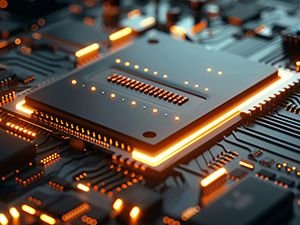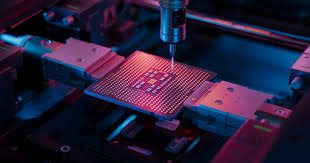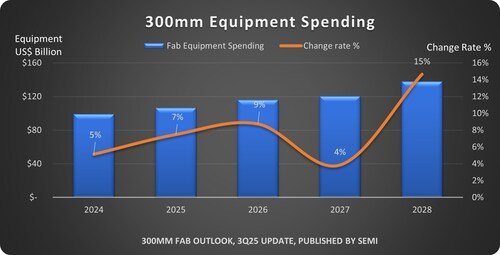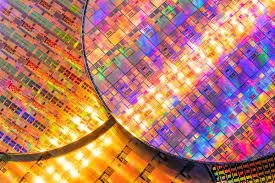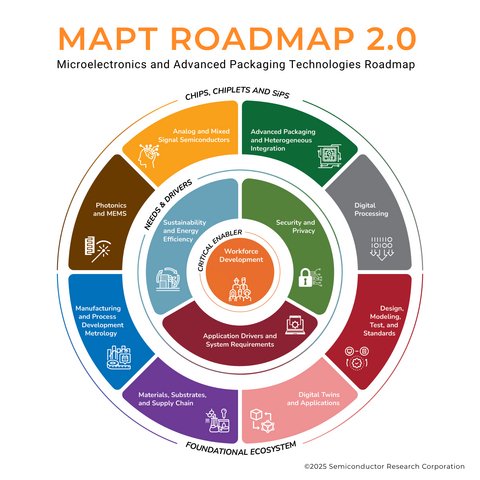Open Compute Project Advances Silicon Diversity with New Universal D2D Transaction and Link-Layer Spec Covering UCIe
Open Compute Project Advances Silicon Diversity with New Universal D2D Transaction and Link-Layer Spec Covering UCIe
The Open Compute Project Foundation (OCP), the nonprofit organization bringing hyperscale innovations to all, announces it has taken important steps in enabling silicon diversity for high-performance AI and HPC Clusters with the release of a new Universal D2D Transaction and Link-Layer specification that now also covers UCIe. This universal link layer will be an important part of the execution stack in delivering an economically viable and dynamic, reconfigurable AI Cluster capable of achieving world-leading performance in HPC and AI workloads. The link layer uniquely defines profiles that allow customization of the mapping from upper-level transaction layer services to the underlying PHY via link layer services, allowing choice of PHY without affecting other layers.
"The OCP recognized several years ago that innovation in silicon needed to be amplified, just as the constraints of larger silicon dies were beginning to impede progress. Through its Open Chiplet Economy Project, the OCP has established a strong community to deliver on the new standardizations, tools and best practices around technical and business workflows that are required for a truly open economy, where vendors sell chiplets embodying their IP to integrators that then build specialized System in Packages (SiPs)," said Cliff Grossner Ph.D., Chief Innovation Officer at OCP.
The Universal link layer specification uniquely combines bindings to several physical layer standards, with a low-latency low-overhead packetization of a wide range of protocols between chiplets. The overall layered architecture maps a set of design IP protocols on a chiplet interface using transaction and linklayer packet formats to a particular physical layer interface.

